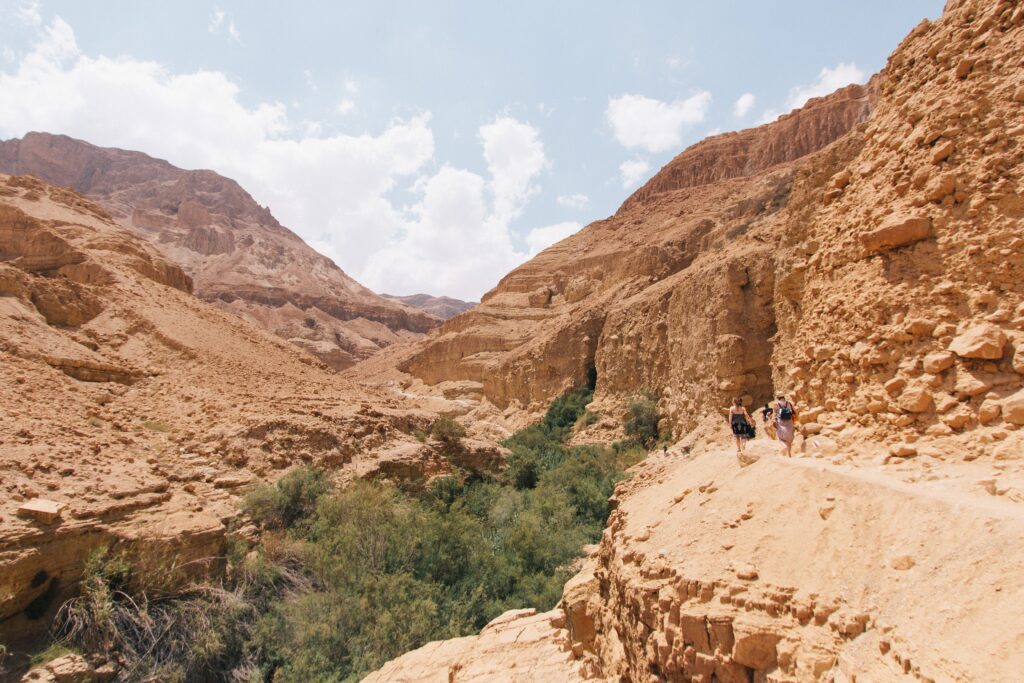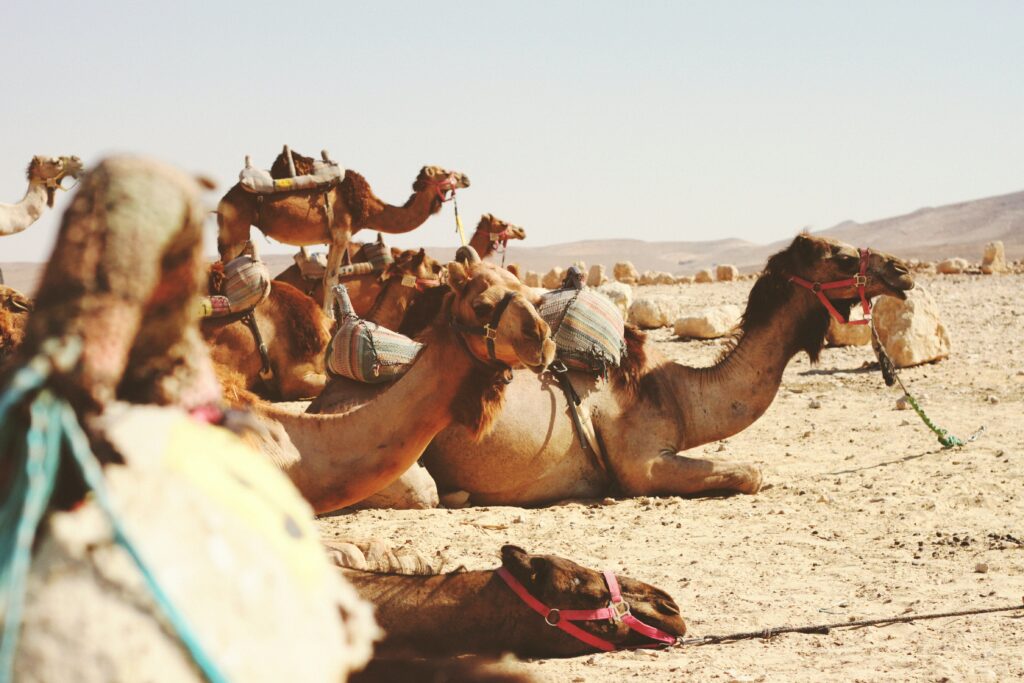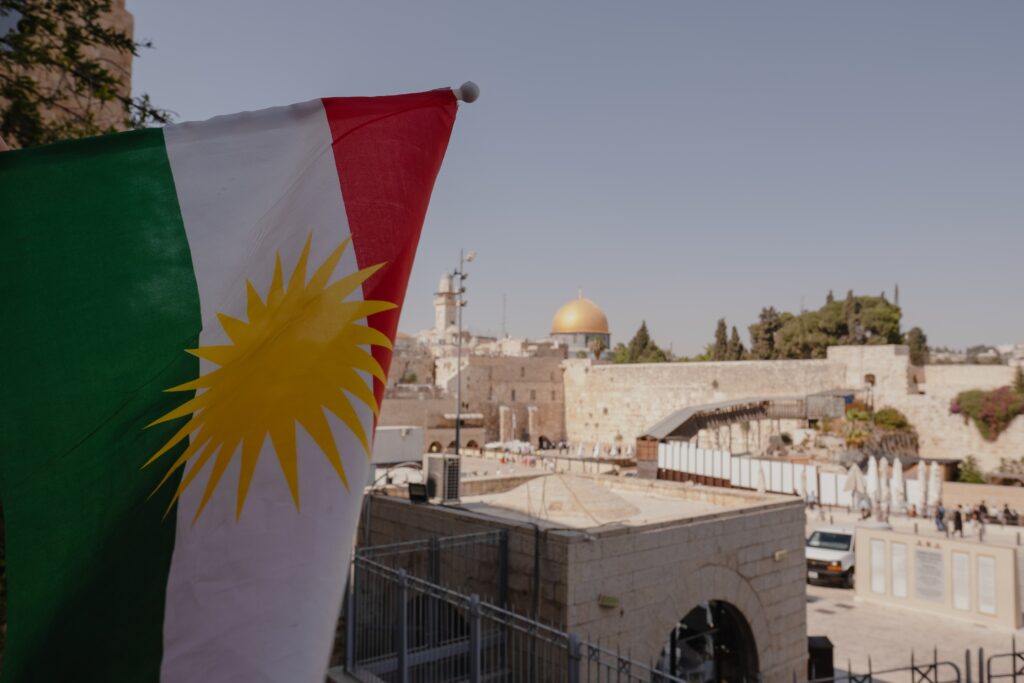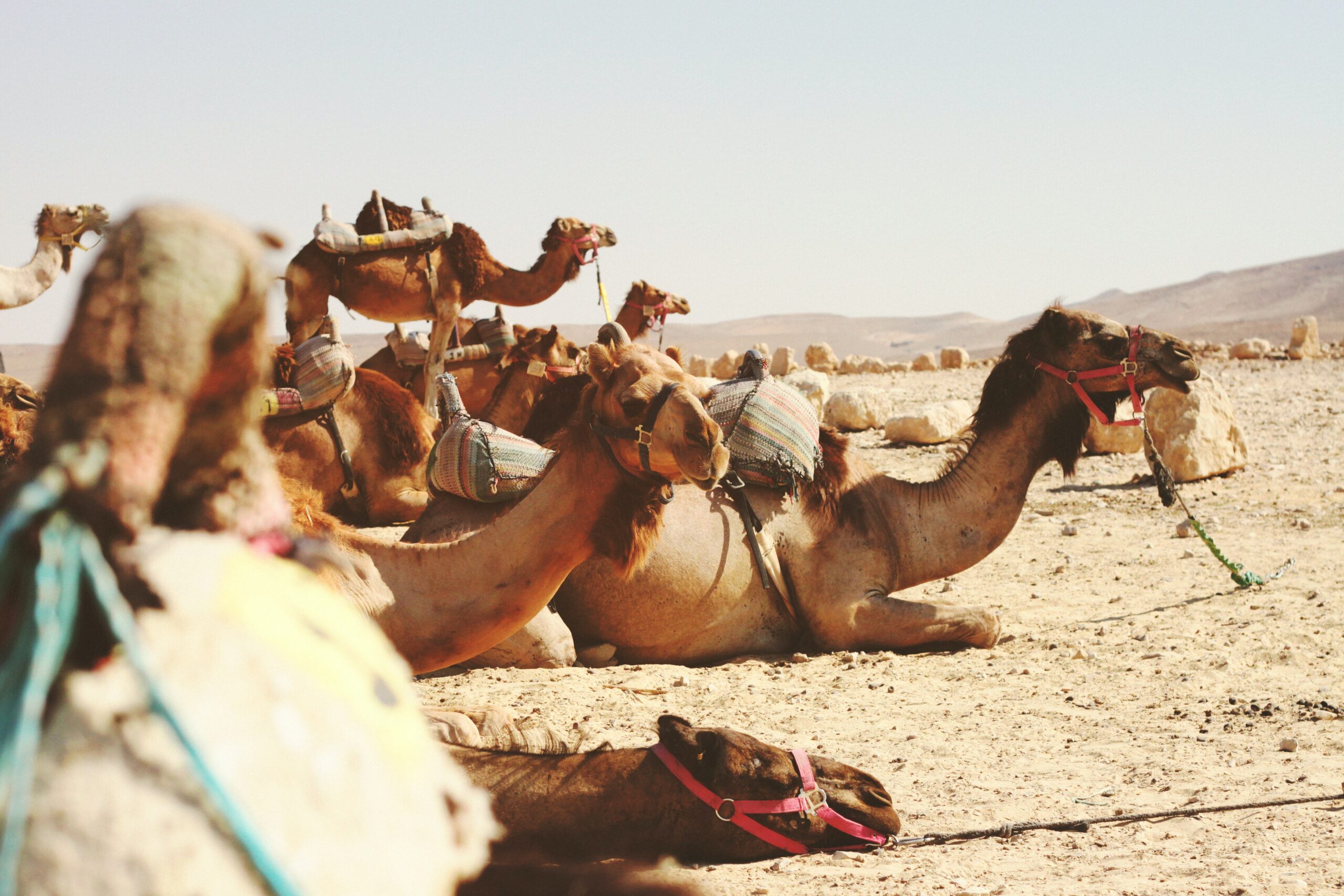The Frick Pittsburgh recently made the decision to postpone an exhibition featuring 10 centuries of Islamic art due to the outbreak of the Israel-Hamas war. Concerns were raised that the show could be seen as insensitive or offensive in light of the ongoing conflict. The decision to delay the exhibition was met with mixed reactions, with some Muslim and Jewish groups criticizing the museum for implying a false connection between Islamic art and terrorism. The postponement comes as Pittsburgh prepares to commemorate the fifth anniversary of the Tree of Life synagogue shooting, the deadliest antisemitic attack in American history. The museum plans to reschedule the exhibition for August 2024.
Islamic Art Exhibition Postponed in Pittsburgh Amid Israel-Hamas War

Overview of the Frick Pittsburgh
The Frick Pittsburgh is a renowned art museum located in Pittsburgh, Pennsylvania. It is known for its diverse collection of artwork and its commitment to bringing important exhibitions to the community. The museum strives to provide a platform for artistic and cultural dialogue, fostering an appreciation for art from various periods and regions.
Reasons for the Postponement
The Islamic Art Exhibition, titled “Treasured Ornament: 10 Centuries of Islamic Art,” was scheduled to open on Saturday at the Frick Pittsburgh. However, due to the outbreak of the Israel-Hamas war, the museum made the difficult decision to postpone the exhibition. The primary reason for this postponement was the fear that the exhibition could inadvertently cause insensitivity or offense during a time of heightened tensions.

Islamic Art Exhibition and Terrorism Controversy
The decision to postpone the Islamic Art Exhibition was met with mixed reactions from Muslim and Jewish groups. Some expressed concerns that the museum’s action implied a false connection between Islamic art and terrorism. Muslim organizations, such as the Pittsburgh chapter of the Council on American-Islamic Relations, criticized the delay, arguing that it perpetuated harmful stereotypes about Islam and Muslims.
Conversely, officials from the Jewish Federation of Greater Pittsburgh highlighted that an exhibition on Islamic art would not have generated concerns within the Jewish community, as they understood the distinction between art and terrorism.
Reactions from Muslim and Jewish Groups
The postponement of the Islamic Art Exhibition sparked a conversation about the intersection of art, religion, and politics. Muslim groups emphasized the need to avoid perpetuating stereotypes and prejudice against Islam. They stressed that artistic expression should be appreciated on its own merits, without being associated with terrorism.
Jewish organizations acknowledged the importance of respecting cultural events like art exhibitions and emphasized the need to differentiate between art and political conflicts.

Museum’s Initial Explanation and Updated Statement
Initially, the Frick Pittsburgh provided a limited explanation on its website, stating that the postponement was due to a “scheduling conflict.” However, the museum’s executive director, Elizabeth Barker, later clarified the decision in an email to the museum staff. She expressed concerns about the potential insensitivity and objectification of Islamic culture in a time of heightened tensions.
In an updated statement, the museum acknowledged that the exhibition lacked historical and cultural context and had not involved sufficient participation from the regional Islamic community. Presenting the exhibition in its original form risked trivializing Islamic culture and diverting attention from the museum’s overarching mission.
Similar Cases of Exhibition Postponement
The postponement of exhibitions due to sensitive political or social contexts is not unprecedented. In recent years, museums around the world have faced dilemmas surrounding exhibitions that involve controversial topics. For example, in 2020, four major museums postponed a show featuring the works of artist Philip Guston, citing the need for additional context given the racial justice protests following the killing of George Floyd.
Critics argued that these postponements demonstrated a hesitation to engage with controversial subject matter. However, museum officials defended their decisions, claiming that they aimed to protect the integrity of the art and ensure meaningful discussions.
Rescheduling of the Exhibition
The Frick Pittsburgh has decided to reschedule the Islamic Art Exhibition for August 2024. The museum will work closely with the nonprofit International Arts and Artists, which organized the exhibition on behalf of the Huntington Museum of Art in West Virginia, to reimagine the exhibition in a manner deemed appropriate given the circumstances.
The rescheduling allows the museum to provide a platform for the diverse and rich collection of Islamic art, facilitating a deeper understanding of the art form and its historical significance.
The Diversity of Islamic Art
Islamic art spans across centuries and reflects a wide range of artistic styles and cultural influences. It encompasses calligraphy, ceramics, textiles, metalwork, and architecture, among other mediums. Islamic art is not confined to a single religion or cultural heritage, as artists of various religious backgrounds, including Muslims, Jews, and Christians, have contributed to its development.
The Islamic Art Exhibition seeks to showcase this diversity and highlight the shared artistic heritage of different communities. By exploring the intricate beauty and cultural significance of Islamic art, visitors can gain a deeper appreciation for the complex history and traditions of the Islamic world.
Expert’s Insights on the Collection
Walter B. Denny, a retired professor of Islamic art, played a crucial role in the preparation of a publication related to the exhibition. According to Denny, the collection exemplifies the diverse nature of Islamic art and emphasizes its distance from political or fanatical ideologies. The artworks selected for the exhibition transcend political conflicts and serve as a testament to the universal power of artistic expression.
Denny emphasizes the importance of engaging with Islamic art on an intellectual and emotional level, encouraging visitors to recognize the artistic achievements of Muslim artists and the cultural exchange that has shaped Islamic art throughout history.
In conclusion, the postponement of the Islamic Art Exhibition at the Frick Pittsburgh amid the Israel-Hamas war highlights the complex intersection of art, religion, and politics. The decision prompted discussions about stereotypes, cultural sensitivity, and the role of art in times of conflict. By carefully rescheduling the exhibition and addressing concerns surrounding the initial presentation, the museum hopes to provide an educational and inclusive experience that celebrates the diversity of Islamic art while fostering constructive dialogue.

